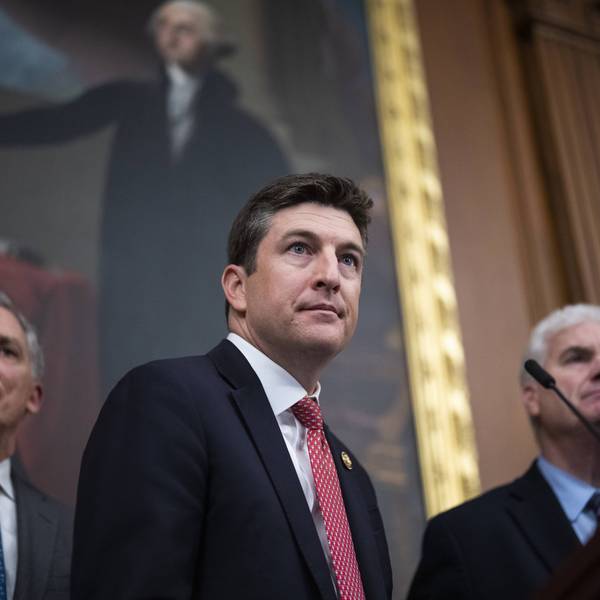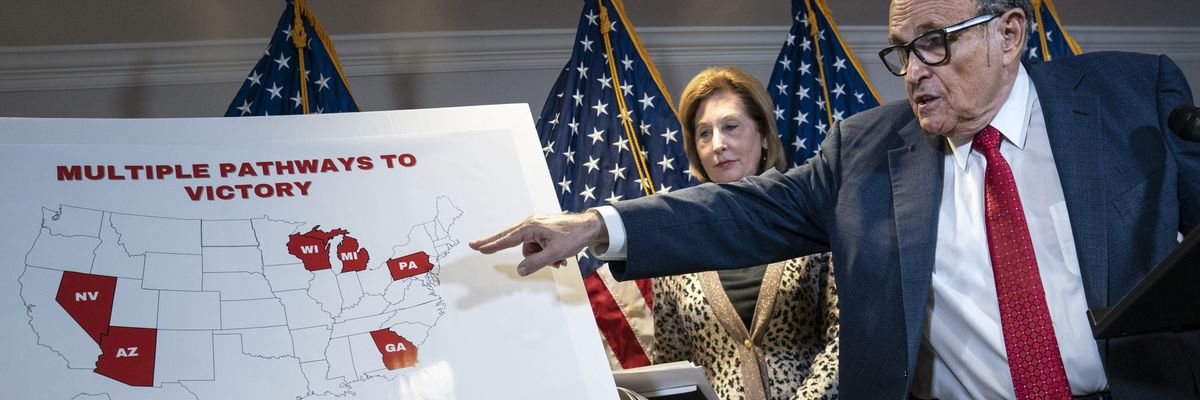A report published Tuesday by an intergovernmental watchdog paints an alarming picture of the state of global democracy, showing that the quality of elections has declined around the world and losing candidates are rejecting outcomes with growing frequency, further eroding trust in electoral processes and institutions.
The Stockholm-based International Institute for Democracy and Electoral Assistance (IDEA) found in its annual report that last year was the worst the group has ever observed for "free and fair elections and parliamentary oversight." It also marked the eighth consecutive year in which "overall democratic performance" declined rather than improved—the longest stretch since IDEA began collecting records in 1975.
"This report is a call for action to protect democratic elections," Kevin Casas-Zamora, the group's secretary-general, said in a statement. "Elections remain the single best opportunity to end democratic backsliding and turn the tide in democracy's favor. The success of democracy depends on many things, but it becomes utterly impossible if elections fail."
IDEA's new analysis estimates that between 2020 and 2024, the losing candidate in nearly 20% of elections across the globe rejected the outcome. The report describes former U.S. President Donald Trump's attacks on the 2020 election results and the violent insurrection that followed as "one of the most extreme examples" of election denial in recent years.
The report states that while "there have been some improvements" in U.S. elections since 2021, "the change is not enough to recover from the decline." Trump is running for president again this year, and lawmakers and watchdogs have warned that he has laid the groundwork to deny the election results again should he lose in November.
Globally, one in three voters currently lives in a country where the quality of elections is in decline, according to IDEA. That decline has been accompanied by a fall in electoral participation, a reflection of eroding trust in the voting process.
The report urges governments to take a number of steps to improve electoral processes and trust in voting systems, from responding "vigilantly to unfounded accusations that seek to harm people's perceptions of electoral integrity" to expanding ballot access in consultation with the public.
"If elections are to continue to act as the foundation stones of democratic systems, it is critical to reinforce public trust in them," the report states. "Integrating popular opinion into the activities of the electoral cycle is one important step in this process."




